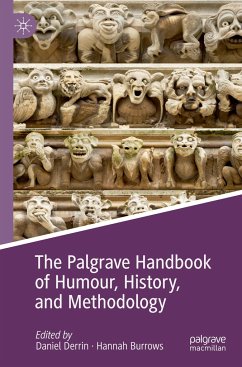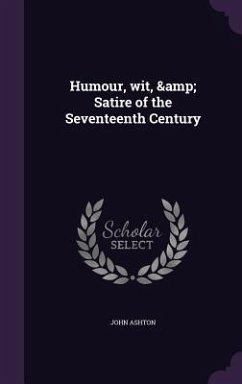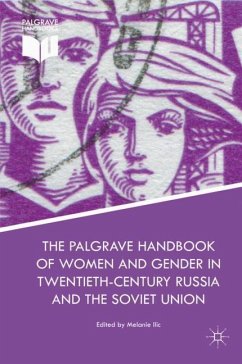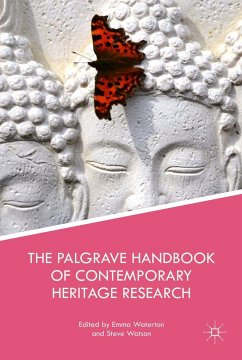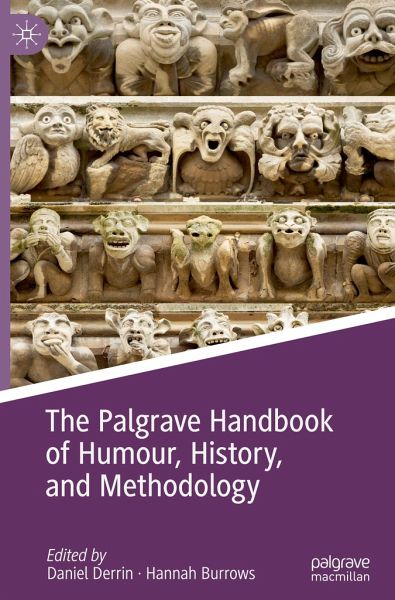
The Palgrave Handbook of Humour, History, and Methodology

PAYBACK Punkte
0 °P sammeln!
This handbook addresses the methodological problems and theoretical challenges that arise in attempting to understand and represent humour in specific historical contexts across cultural history. It explores problems involved in applying modern theories of humour to historically-distant contexts of humour and points to the importance of recognising the divergent assumptions made by different academic disciplines when approaching the topic. It explores problems of terminology, identification, classification, subjectivity of viewpoint, and the coherence of the object of study. It addresses speci...
This handbook addresses the methodological problems and theoretical challenges that arise in attempting to understand and represent humour in specific historical contexts across cultural history. It explores problems involved in applying modern theories of humour to historically-distant contexts of humour and points to the importance of recognising the divergent assumptions made by different academic disciplines when approaching the topic. It explores problems of terminology, identification, classification, subjectivity of viewpoint, and the coherence of the object of study. It addresses specific theories, together with the needs of specific historical case-studies, as well as some of the challenges of presenting historical humour to contemporary audiences through translation and curation. In this way, the handbook aims to encourage a fresh exploration of methodological problems involved in studying the various significances both of the history of humour and of humour in history.





